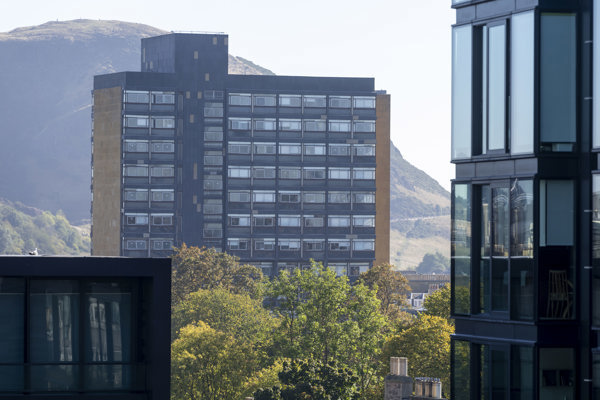No statutory time limit
The question is not straightforward because in Scotland, at least for the time being, there is no strict time limit for lodging a JR application. However, the landowner or developer whose planning permission is being challenged can argue, if there is undue delay (referred to as mora) in the making of a challenge, that the JR application should not be considered because the applicant has delayed too long in bringing the challenge, or has acquiesced in the decision.
In England, an application for JR must be filed “promptly” and in any event not later than three months after the grounds to make the claim first arose (although it is questionable whether the requirement for proceedings to be filed "promptly" is competent because that is too uncertain - the Buglife case).
How late is too late in Scotland?
There is no easy answer to that question. What makes life difficult is that different judges have different attitudes as to the reasonableness of delaying in the raising of court proceedings.
For example, in the 2013 JR case of McGinty v Scottish Ministers a mora (or delay) plea by the Scottish Ministers was upheld in relation to a challenge by Mr McGinty to the legality of the Scottish Ministers’ conduct of the strategic environmental assessment of their second National Planning Framework. The challenge was not brought until a year after notice of the assessment was published in the Edinburgh Gazette.
In the 2011 JR case of Dulce Packhard and Others v Scottish Ministers the Court upheld a defence based on mora because the petitioners could and should have brought their challenge at an earlier stage than they did. The petitioners in that case were challenging the outcome of a reconvened public inquiry under the Electricity Act; the Court said that the petitioners should not have awaited the outcome of the reconvened inquiry before resorting to litigation. They should instead have raised Court proceedings before the inquiry was reconvened.
In the 2012 JR case of Portobello Park Action Group Association v Edinburgh City Council the Court allowed the Action Group to proceed with a JR raised five months after the planning permission complained of was granted.
The Court in the Portobello case stated that to establish delay in raising a JR and acquiescence in a decision, three elements must be established. Those were that there had been:
- undue delay in bringing the challenge;
- a failure to speak out an assertion of one’s right or claim; and
- silence or passive consent to what was taking place.
The Court held that “the conduct and the correspondence of the Association would not entitle a reasonable observer to draw any inference that the Association at any stage acquiesced in the Council’s proposed intention” and that Association’s regular statements of opposition “can scarcely be characterised as taciturnity”.
Any basic principles on how late is too late?
As noted above, the Portobello case makes it clear that the body whose decision is being challenged cannot be successful with the "it's too late" argument unless there's been undue delay, a failure by the objector to speak out before and silence or passive consent to what was going on.
Essentially, so as long as an objector is still actively objecting there could be a risk of a JR.
When buying a property subject to the grant of planning permission, it is not enough simply to wait four months before completion, as seems normal for significant projects. That interval was never certain, but just a reasonably prudent estimate (or "best guess") of a safe period. Some investigation into whether there are any objectors, and how likely it is that they might go to court, is also prudent.
Statutory time limits on the way
There is an obvious solution to this uncertainty, and it can be found in the Courts (Reform) Scotland Bill. If that Bill receives parliamentary approval, the new rules might be in force as early as December 2014
In relation to JR, the key changes are the introduction of:
- a three month time limit within which JR proceedings must be raised; and
- a requirement for permission from the Court to proceed with a petition for JR - which will be granted only if the Court is satisfied that the applicant can demonstrate a sufficient interest in the issue, and the application has a real prospect of success.
These changes should bring welcome certainty, with a careful eye no doubt being kept on the potential to hinder access by third parties to environmental justice.


